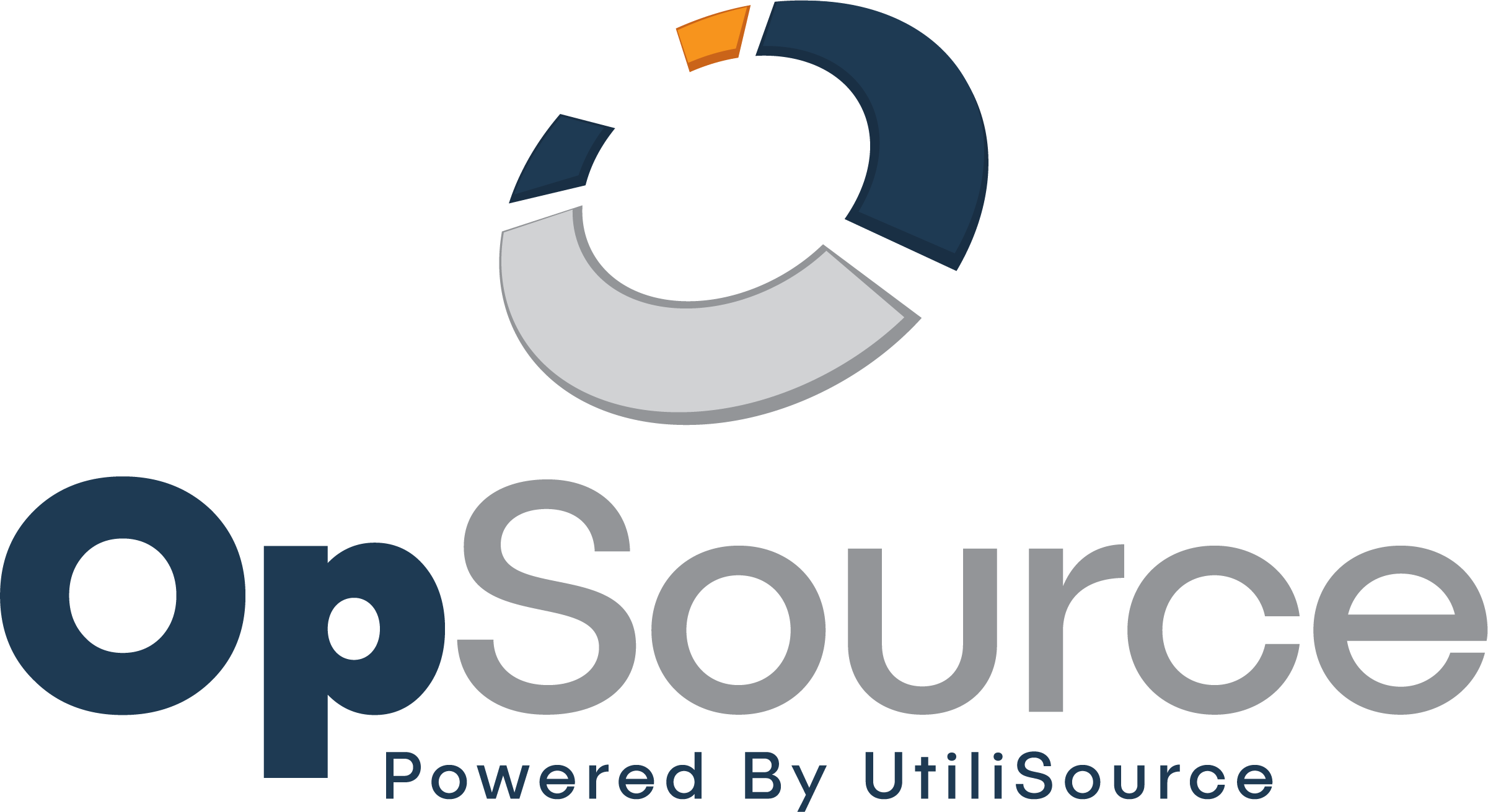In an era where efficiency is paramount, the Paperwork Reduction Act of 1995 stands as a landmark legislation in the United States, aimed at reducing the burden of paperwork on businesses and citizens. This article delves into the significance of this act, its impact on federal agencies, and the ongoing efforts to streamline information collection in compliance with applicable laws.
Understanding the Paperwork Reduction Act
The Paperwork Reduction Act (PRA) of 1995 was enacted with a clear objective: to minimize the paperwork burden for individuals, businesses, and other entities that interact with the federal government. This act recognized the need for federal agencies to manage their collections of information more efficiently, ensuring that the gathering of data is essential and not overly burdensome.
Reducing the Burden: A Core Objective
One of the key goals of the Paperwork Reduction Act is reducing the burden of paperwork on the American public. This involves a careful assessment of how federal agencies collect information, with a focus on streamlining processes and eliminating unnecessary data collection. The act encourages agencies to consider the public’s perspective, making interactions with the government more efficient and less time-consuming.
The Role of the Office of Management and Budget
The Office of Management and Budget (OMB) plays a crucial role in implementing the Paperwork Reduction Act. This office is responsible for overseeing the compliance of federal agencies with the act, reviewing their information collection practices, and ensuring that these practices align with the act’s objectives. The OMB’s oversight is essential in maintaining the balance between necessary data collection and the reduction of paperwork.
The Process of Public Comment and Federal Register
An important aspect of the Paperwork Reduction Act is the requirement for public comment. Before a federal agency can implement a new information collection request, it must publish a notice in the Federal Register and allow the public to comment. This process ensures transparency and gives citizens a voice in the types of information collected by the government.
Impact on Federal Information Collection
The impact of the Paperwork Reduction Act on federal information collection has been significant. Agencies are now more mindful of the paperwork they generate and are continually seeking ways to reduce this burden. This has led to more streamlined forms, the elimination of redundant data requests, and the adoption of digital technologies to facilitate information collection and processing.
Challenges and Future Directions
While the Paperwork Reduction Act has made notable strides in reducing paperwork, challenges remain. Keeping up with the evolving landscape of information technology and ensuring that all federal agencies adhere to the act’s principles are ongoing tasks. The future direction of the act involves adapting to new technologies and finding innovative ways to further reduce the paperwork burden.
Conclusion: Embracing a Paperless Future with OpSource’s Cloud-Based Solutions
As we reflect on the strides made by the Paperwork Reduction Act of 1995 in minimizing paperwork burdens, it’s clear that the future of efficient information management lies in digital transformation. This is where OpSource steps in, leading the charge towards a paperless, cloud-based future for industrial businesses and utility companies.
OpSource’s innovative cloud-based solutions are designed to revolutionize how businesses handle their documentation and data management needs. By transitioning from traditional paper files to a comprehensive, cloud-based system, OpSource is not just reducing paper waste; it’s streamlining entire operational processes. This shift to digital platforms means that all necessary documents, from safety plans to technical specifications, are easily accessible, securely stored, and effortlessly managed online.
For industrial businesses and utility companies, the benefits of adopting OpSource’s cloud-based solutions are manifold. It translates into greater efficiency, as time spent managing, storing, and searching for paper documents is significantly reduced. It ensures better compliance with applicable laws and regulations, as updates and audits become more straightforward and transparent. Moreover, it fosters a more sustainable and environmentally friendly approach to business operations.
So, as we continue to move towards a more digital and efficient world, let OpSource be your partner in this transition. Contact us today to discover how our cloud-based solutions can transform your business, reduce your reliance on paper files, and propel you into a new era of operational efficiency and environmental responsibility.



